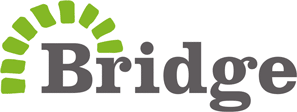Americans support more charter schools in developing countries
23 July 2018
New research strongly suggests that most people in the US agree that the private sector should help governments provide more schools in parts of the world where there are not enough.
75% of US respondents to a national poll endorsed education public private partnerships to help countries struggling with sufficient access to education. When people were asked if companies and other school operators should be running more schools to help governments in low and middle income countries the most popular answer was ‘yes’.
Findings from the survey reveal that:
- Three-quarters of the American public believe there should be more education public-private partnerships in developing countries. Only 6% disagreed.
- 62% of those surveyed thought charities, NGOs, companies and faith organisations should support governments by running extra schools in order to meet proper standards. Only 10% disagreed.
Commenting on the new findings, a Bridge International Academies spokesperson said:
“The American people are right, there is an urgent need for more school providers to help address the chronic lack of learning in parts of the world where governments have insufficient or ineffective education systems. Some people have been trying to say that the private sector should not get involved. But the truth is plain to see – people want all types of school operators to help so we can all deliver as many quality schools as quickly as possible. Keeping hundreds of millions of children out of school is not acceptable.”
American respondents also expressed support for quality low fee private schools. When asked, ‘In countries where there is a reported lack of quality primary schools, a social enterprise company could run a school that costs parents about $7 US dollars per month to send one child there’ the most popular response was ‘I think this is a good idea’.
The new poll also uncovers how the US public greatly underestimate the scale of the global learning crisis. About 90% of people thought there were fewer than the real number of out of school children worldwide, or chose ‘I don’t know’ when asked to estimate. The true scale of the challenge is 263 million children and young people currently out of school.
The Bridge spokesperson continued:
“Charter school arrangements bring the best of both worlds, private and public, and delivers them straight to the child. In Liberia we have seen children learning 100% more compared to peers outside the education PPP. This is staggering and I hope education policy makers in other countries across sub-Saharan Africa are watching.”
The US poll shows that people understand the desperate need for more quality in schools in parts of the world like sub-Saharan Africa. When asked to estimate how many children were in school but not learning, around 90% of respondents said too few or ‘I don’t know’.
12% of those surveyed correctly identified that worldwide we need 69 million more teachers.
Overall, the American public appear to back education partnerships, which enable free private schools, and affordable private schools in places where governments struggle to provide sufficient education.
ENDS
For more information please contact:
Ben Rudd
Bridge International Academies Press Office
Tel: +44 203 813 8236
Email: media@oldbridge.mc-staging2.net
Notes to Editors
A survey was conducted by OnePoll among 2000 US people. The survey was conducted in March 2018.
Download the full report here.
To request the full USA polling results please contact the Bridge Press Office.
About Bridge
Bridge believes every child has the right to high quality education and works in partnership with governments, communities, parents and teachers to ensure access to quality education. Bridge has served 300,000 children to date across Africa and Asia.
Bridge uses in-depth teacher training and support, advanced lesson plans and wireless technology to provide pupils with a meaningful and life-changing education. Globally, there is an education crisis. Around 600 million children are either not in school at all, or in school and not learning. Bridge is committed to helping tackle this through a data driven, evidence based approach that delivers strong schools and a great education for all.





